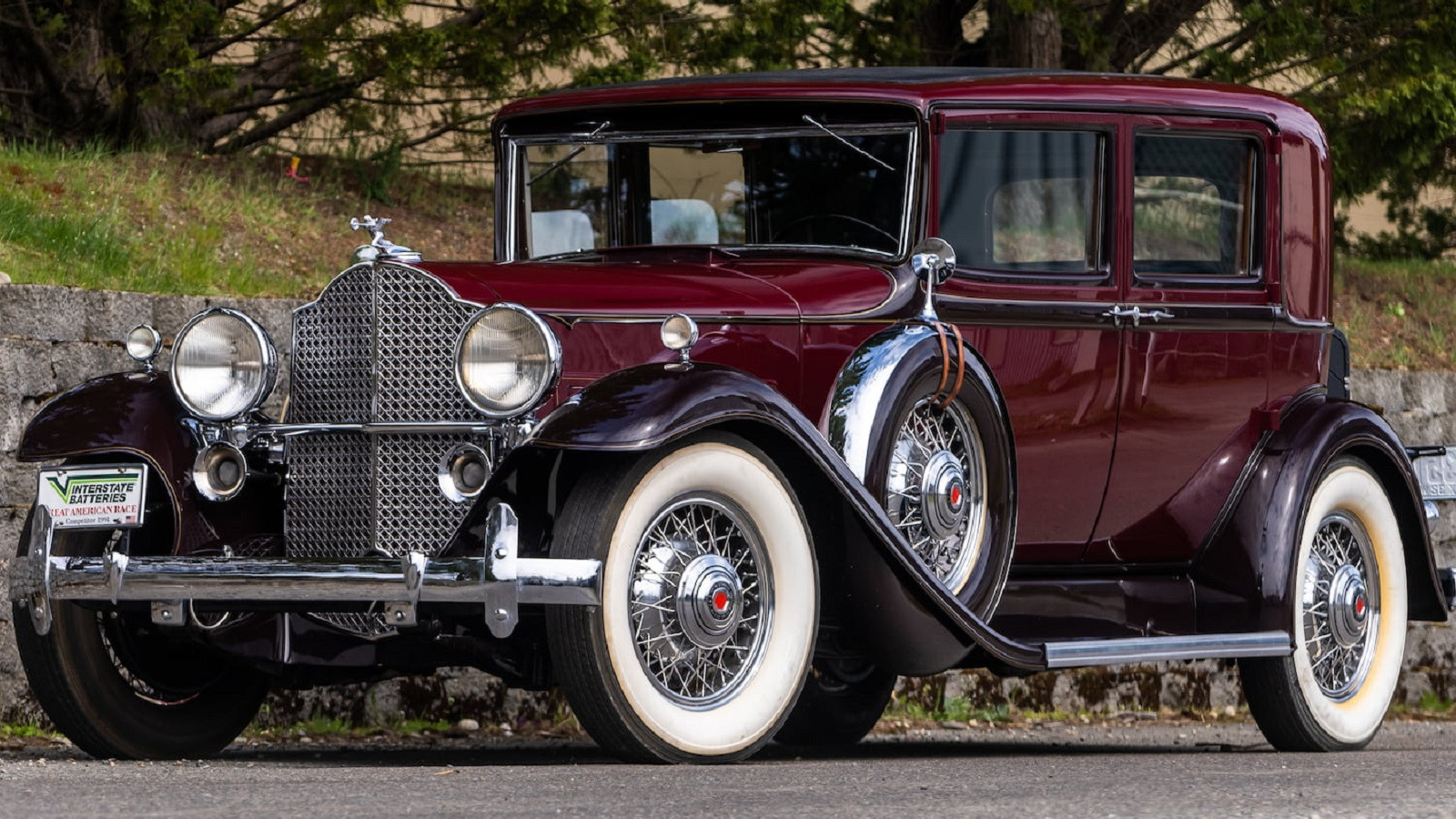
Classic Cars That Qualify for Emissions Exemption: A Comprehensive Guide
For classic car enthusiasts, the rumble of a vintage engine and the gleaming chrome of a bygone era are more than just transportation—they’re a passion. However, as environmental regulations tighten globally, owning and operating these automotive treasures can present challenges, particularly concerning emissions standards. Fortunately, many jurisdictions offer emissions exemptions for classic cars, allowing owners to enjoy their vehicles without the burden of modern emission control requirements. This article delves into the world of classic car emissions exemptions, exploring the criteria, benefits, and nuances of these regulations.
Understanding Emissions Regulations and Classic Cars
Modern emissions regulations are designed to reduce air pollution from vehicles, primarily targeting pollutants like carbon monoxide (CO), hydrocarbons (HC), nitrogen oxides (NOx), and particulate matter (PM). These regulations often mandate the use of catalytic converters, oxygen sensors, and other advanced emission control technologies.
Classic cars, typically manufactured before these technologies became widespread, often struggle to meet modern emissions standards. Retrofitting these vehicles with modern emission control equipment can be costly, complex, and often detracts from their historical accuracy and authenticity.
The Rationale Behind Emissions Exemptions
Recognizing the unique challenges faced by classic car owners, many governments and regulatory bodies have implemented emissions exemptions for older vehicles. The rationale behind these exemptions is multifaceted:
- Historical Significance: Classic cars are considered cultural artifacts that represent automotive history and design. Preserving these vehicles in their original condition is seen as important for maintaining a connection to the past.
- Limited Usage: Classic cars are typically driven far less frequently than modern vehicles. Their limited mileage means their overall contribution to air pollution is relatively small.
- Economic Impact: The classic car hobby supports a niche industry of restoration, repair, and parts suppliers, contributing to local economies.
- Practical Considerations: Retrofitting classic cars with modern emission control equipment can be technically challenging, expensive, and may compromise their original design and performance.
Criteria for Emissions Exemption
The specific criteria for emissions exemption vary widely depending on the jurisdiction. However, some common factors include:
- Age of Vehicle: The most common criterion is the age of the vehicle. Many jurisdictions exempt vehicles manufactured before a specific date, typically ranging from the 1960s to the 1980s. For example, in some US states, vehicles older than 25 years are exempt from emissions testing. In the UK, vehicles built before 1960 are exempt from MOT (Ministry of Transport) testing, which includes emissions checks.
- Vehicle Usage: Some jurisdictions require that the vehicle be used primarily for historical exhibitions, parades, or club activities. Daily commuting or regular transportation may disqualify the vehicle from exemption.
- Original Condition: Maintaining the vehicle in its original or period-correct condition is often a requirement. Modifications that significantly alter the engine or exhaust system may void the exemption.
- Mileage Limits: Some jurisdictions impose annual mileage limits on exempt vehicles. Exceeding these limits may require the vehicle to undergo emissions testing.
- Registration Type: Some jurisdictions offer special registration categories for classic cars, such as "historic vehicle" or "collector vehicle" plates, which automatically grant emissions exemption.
Examples of Emissions Exemption Regulations
- United States: Emissions regulations in the US vary by state. Some states, like California, have strict emissions standards but offer exemptions for vehicles older than a certain age. Other states have more lenient regulations or no emissions testing at all for older vehicles.
- United Kingdom: Vehicles built before 1960 are exempt from MOT testing, which includes emissions checks. Vehicles older than 40 years are exempt from Vehicle Excise Duty (road tax).
- Germany: Classic cars (known as "Oldtimers") can qualify for special registration plates (H-plates) if they are at least 30 years old, in original condition, and well-maintained. H-plates grant exemptions from certain environmental restrictions in urban areas.
- Australia: Regulations vary by state and territory. Some jurisdictions offer exemptions for vehicles over a certain age, while others require participation in a "club permit" scheme that limits usage.
- Canada: Emissions regulations vary by province. Some provinces offer exemptions for vehicles over a certain age, while others have no emissions testing requirements.
Benefits of Emissions Exemption
- Cost Savings: Emissions exemptions eliminate the need for costly emissions testing and repairs.
- Preservation of Authenticity: Owners can maintain their vehicles in their original condition without the need for retrofitting modern emission control equipment.
- Increased Vehicle Value: Classic cars that retain their original components and specifications are often more valuable to collectors.
- Freedom of Use: Exemptions allow owners to enjoy their vehicles without the restrictions and limitations imposed by emissions regulations.
- Reduced Bureaucracy: Exemptions simplify the registration and inspection process for classic cars.
Challenges and Considerations
- Compliance with Regulations: It is crucial for owners to understand and comply with the specific emissions exemption regulations in their jurisdiction. Failure to do so can result in fines, penalties, or loss of exemption.
- Maintaining Original Condition: Preserving the vehicle in its original or period-correct condition can be challenging, as parts may be difficult to find or expensive to replace.
- Environmental Responsibility: While emissions exemptions are beneficial for classic car owners, it is important to be mindful of the environmental impact of operating older vehicles. Regular maintenance and responsible driving habits can help minimize emissions.
- Future Regulations: Emissions regulations are constantly evolving, and there is a possibility that exemptions for classic cars may be modified or eliminated in the future.
- Modifications and Exemptions: Any modifications that are carried out on the vehicle must be in accordance with the guidelines that are laid out by the registering authority.
Tips for Classic Car Owners
- Research Local Regulations: Thoroughly research the emissions exemption regulations in your jurisdiction. Contact your local Department of Motor Vehicles (DMV) or equivalent agency for specific information.
- Document Vehicle History: Keep detailed records of your vehicle’s history, including its original specifications, maintenance records, and any modifications that have been made.
- Maintain Original Components: Preserve as many of the vehicle’s original components as possible. If replacement parts are necessary, try to source period-correct or NOS (new old stock) parts.
- Join a Classic Car Club: Classic car clubs can provide valuable resources, information, and support for owners. They may also advocate for favorable emissions regulations.
- Consider Alternative Fuels: Explore the possibility of converting your classic car to run on alternative fuels, such as propane or electric power. This can reduce emissions and potentially qualify the vehicle for additional incentives or exemptions.
Conclusion
Emissions exemptions for classic cars provide a valuable opportunity for enthusiasts to preserve and enjoy their vehicles without the burden of modern emission control requirements. By understanding the criteria, benefits, and challenges of these regulations, owners can ensure they are in compliance and can continue to celebrate the rich history and heritage of classic automobiles. As environmental regulations evolve, it is essential for classic car owners to stay informed and advocate for policies that balance environmental protection with the preservation of automotive history.
